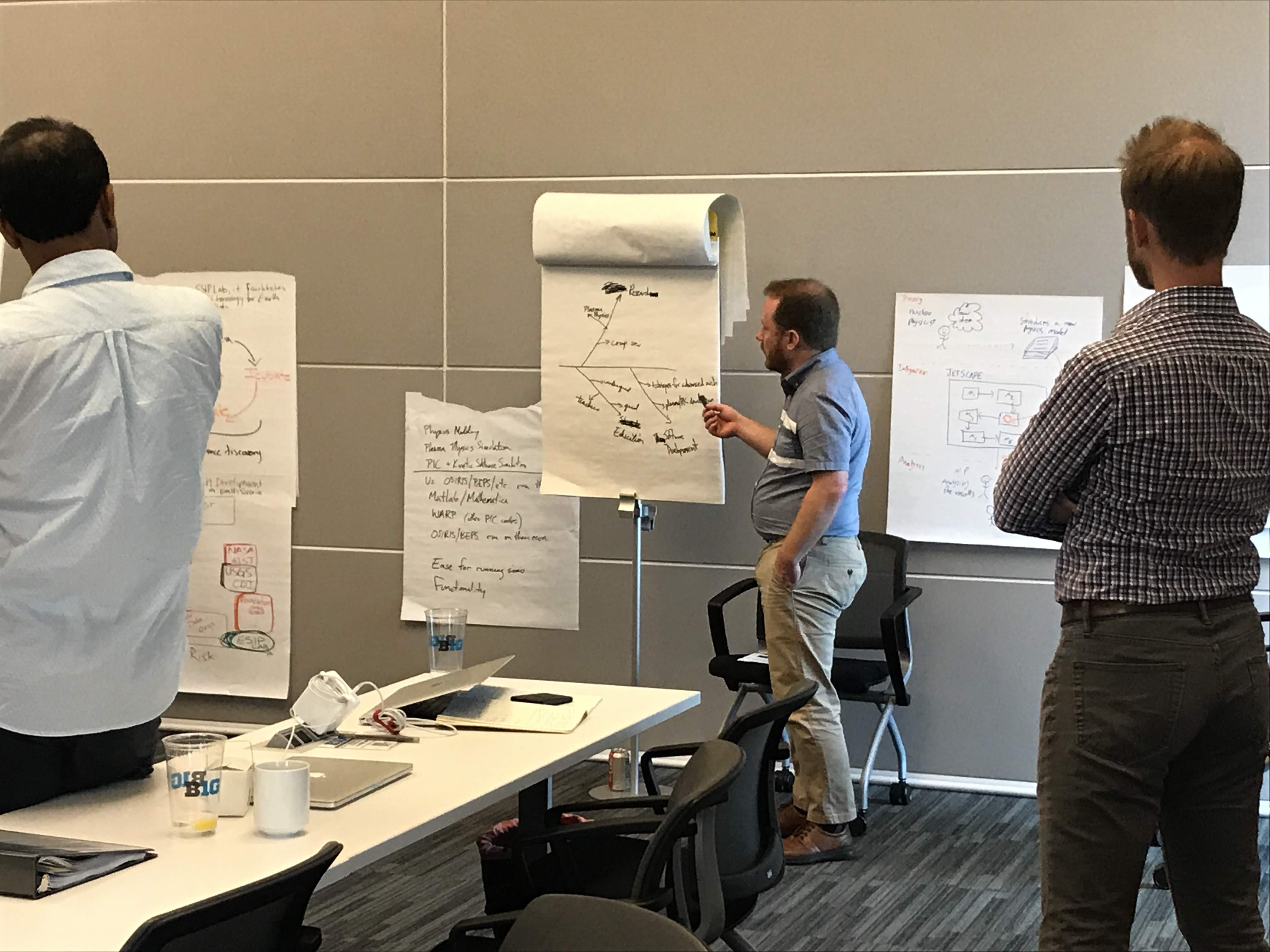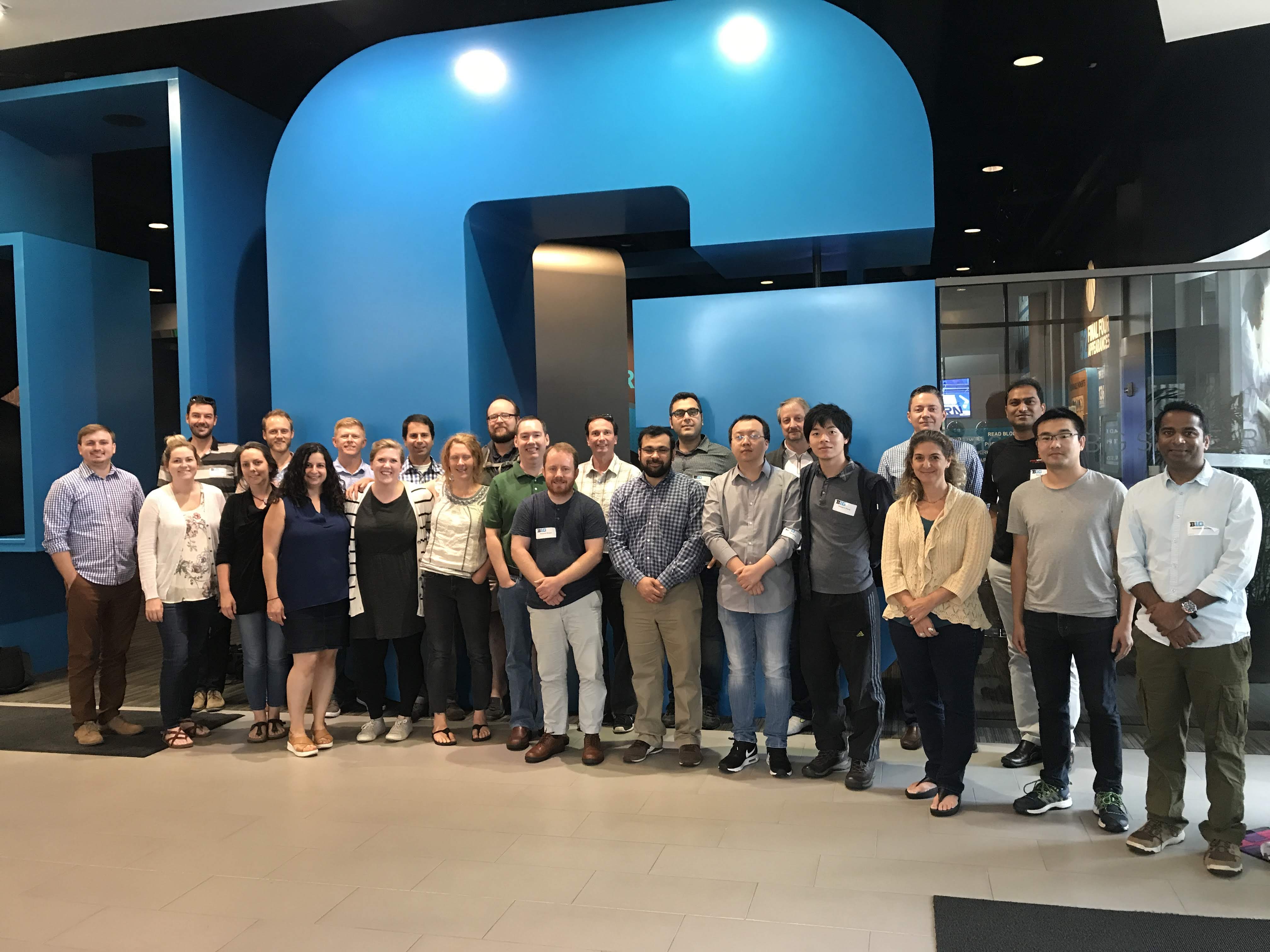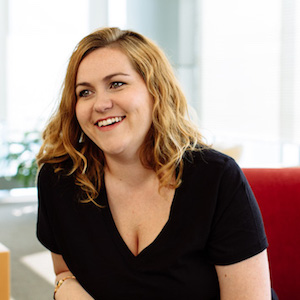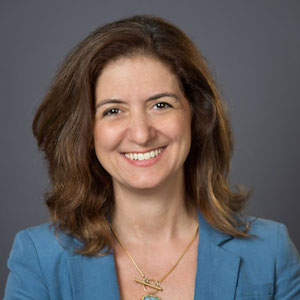Sustainability Training
- Details
- Published on Wednesday, 17 June 2020 14:55
Gateway Focus Week 2024
 |
 |
Accepting applications now for August 5-7, 2024 at TACC in Austin, TX
Is your cyberinfrastructure project or science gateway ready to create a plan for ongoing growth?
Has your project hit a “funding wall”?
Are you developing plans for a new cyberinfrastructure/science gateway and need to refine your strategy?
Gateway Focus Week is a workshop designed for innovative research teams to work together on producing a strong sustainability plan. Leaders and teams at all stages of a project benefit from the supportive, immersive setting that Focus Week provides. Working closely with peers and experienced coaches, you will learn new skills and immediately start applying them to your own gateway.
Focus Week covers:
- Crafting a clear definition of your project's value to users and funders
- Identifying your audience and stakeholders and their needs
- Clarifying the position of your gateway in the broader landscape
- Exploring funding models that are likely to be the best fit for your science gateway
- User experience testing
Over the course of the sessions, teams articulate a clear sustainability strategy, a concept model they present to the full group at the end of the week and gain feedback. The tools you use during the workshop can be used as your project continues to mature. Take the time to step away from your desk and invest in your future!
Thanks to the generous support of NSF, we are able to offer this workshop with no registration fees for attendees. Attendees will only need to cover their own travel, lodging, and meal costs.
Apply via the Focus Week Workshop Application (Deadline July 12, 2024)
Hotels Near TACC Main Offices (J.J. Pickle Research Campus)
Aloft Austin at The Domain
Free WiFi in all rooms
Complimentary Valet Service
11601 Domain Drive
Austin, Texas, USA, 78758
(512) 491-0777
(866) 716-8143
http://www.aloftaustinatthedomain.com/
Lone Star Court
Free WiFi in all rooms
Free Car Service / Complimentary Bicycle Rentals
10901 Domain Drive
Austin, Texas, USA, 78758
(512) 814-2625
(866) 842-0100
http://www.lonestarcourt.com/
The Westin Austin at The Domain
Free WiFi for Starwood Preferred Guests
Free Internet Access in the Business Center
11301 Domain Drive
Austin, Texas, USA, 78758
(512) 832-4197
(866) 716-8108
http://www.westinaustinatthedomain.com/
We’ll come to you!
Offer our sustainability training to your entire team through a customized program we design and deliver either in-person or remote. Learn more about these customized sustainability trainings.
What will you learn?
What You Will Learn
During the workshop, participants progress through several stages of developing a sustainability strategy for their project. Our instructors guide you to look deeper for what truly makes your cyberinfrastructure/science gateway uniquely valuable.
Topics covered:
- Effective Communication: The Napkin Drawing exercise gets everyone up and around the room, markers in hand!
- Value Proposition: This brainstorm guides participants in placing users at the heart of their value statement.
- Audience Understanding: Deeply understanding audience needs is the key to any good sustainability strategy. We’ll show you tools to use to go beyond assumptions to knowing what makes your users tick.
- Market Landscape: You are not alone! This interactive exercise helps teams think strategically about the space they operate in: what problem is your science gateway solving for users? How does your science gateway compare to others offering different options?
- Budgeting for Sustainability: Grant budgets are one thing, but science gateways moving past start-up have to consider ongoing operations differently. Our instructors will show you how to use activity-based budgeting to develop an all-in budget for your project.
- Finding your Funding Model: The trendiest revenue model is not always your best bet. This guided brainstorming will introduce a new way of thinking about which models might be the best fit for your science gateway.
- User Experience: This interactive session shares a quick but very effective way to get started with some UX fundamentals today.
Hear about the Focus Workshop from past attendees
“Participating in Focus Week fundamentally transformed our way of thinking and has changed how we approach operations and how we assess impact. We now have a clear conceptual model for how to think about and address sustainability.”
— Michael Barton, CoMSES Network, Arizona State University
“ESIP Lab has funded over 20 projects since we attended Focus Week, and I’m able to take the tools that I learned and just use that language and pass it on to those projects. It gave me a mindset to continually evaluate and re-evaluate the Lab, too—Is our value proposition the same? What’s our niche?”
— Annie Burgess, ESIP Lab
[Focus Week] gave us structure and helped us to all start speaking in similar languages. Being on the same page with everyone on the team helped us achieve our goals and secure funding for the new phase of our project, GeoEDF.”
— Carol Song, GeoEDF, Purdue University
Read more about past attendees experiences in our SGCI Storybook.
Instructors
Sustainability trainings are taught by our lead instructors, Juliana Casavan and Nancy Maron.

Juliana Casavan is a program designer and facilitator and teaches others how to build and implement strategies for success.
Currently, she is a program manager for MatchBOX Coworking Studio, the leading coworking space in Greater Lafayette, Indiana, where she coaches local startups and entrepreneurs through strategic planning and product development.
Prior to joining MatchBOX, Juliana was a founding member of the Purdue Foundry, an internationally recognized leader in university startups and technology transfer. During her time, she created Firestarter, the premier startup workshop of Purdue University, leading over 500 teams of researchers and students through the ideation process.

Nancy Maron is founder and principal of BlueSky to BluePrint, a strategic research and consulting organization. She is the author of several research reports and guides on business strategy and sustainability including A Guide to the Best Revenue Models and Funding Sources for your Digital Resources (2014), Sustaining the Digital Humanities: Host Institution Support Beyond the Start-up Phase (June 2014) and many case studies of sustainable initiatives. She created and regularly leads workshops in sustainability and business strategy, including the Sustaining Digital Resources course.